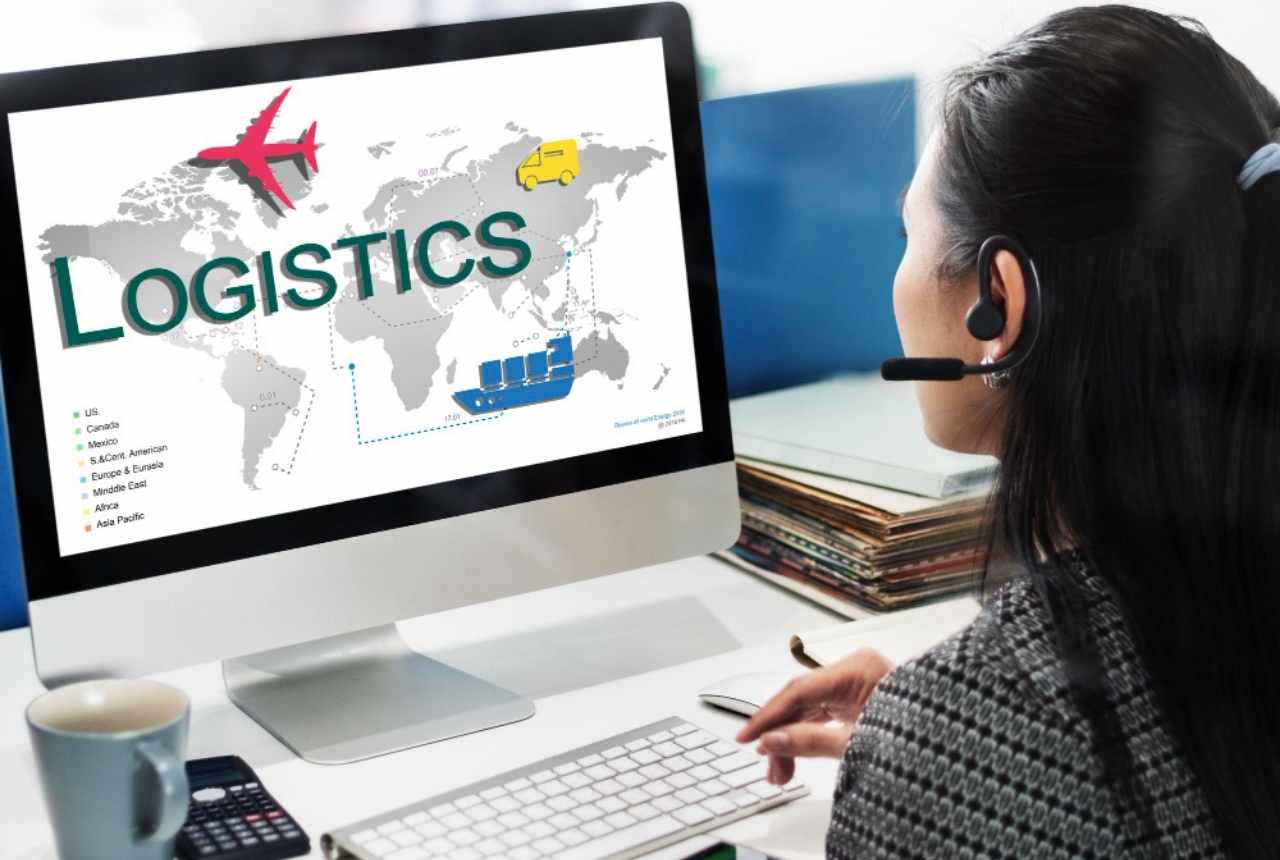1. An Overview of MSME’s Contribution to the Indian Economy
Micro, Small, and Medium Enterprises (MSMEs) are considered as the backbone of the Indian economy. They are involved in various industrial activities such as manufacturing, processing, preservation, and services, among others. Although scattered and fragmented, they play a pivotal role in India’s employment, growth, and exports. MSMEs in India employ a significant workforce of 11 Crore – both semi-skilled and unskilled workers. In 2023-24, they contributed to a whopping 45% of India’s exports of goods and services.
2. How Do Late Payments Affect MSMEs?
According to the delayed payment applications filed by the small businesses to the Govt of India, an amount worth Rs. 40,000 Crore is reportedly stuck as delayed payment. As of now, only 14.7% of the cases have been disposed of, and many MSMEs still struggle to recover their payments. In 2022, a sum of Rs. 10.7 Lakh Crore was stuck as delayed payments to MSMEs. It amounted to over 6% of India’s Gross Value Added (GVA).
MSMEs are highly reliant on a network of small businesses. Delayed payments can hurt them in various ways and trigger ripple effects. For example, payment delays can impact their regular business activities as they may fail to meet their financial commitments. Delays in payments can also lead to compromises in the quality of products & services, poor customer satisfaction, reduced sales & revenues, job cuts, and even closure of the business.
3. New Payment Rule for MSMEs by Govt of India
The Govt of India will make an amendment to Section 43B (h) of the Finance Act 2023. Starting April 1, 2024, payments will have to be made to the MSMEs within 45 days of receiving goods and services. Failing to do so will require businesses to pay taxes on the amount owed.
4. Pros & Cons of the New Payments Rule
Much like any other legislative change, the new payments rule has its pros and cons. It has the potential to both benefit and adversely affect the MSMEs. Let’s discuss how :
⇒ Pros –
-
Timely Payments
A strong cash flow is the lifeblood of any business, and MSMEs are no exception. MSMEs often have low cash reserves, and they lack sufficient human capital to track and recover delayed payments. The new payment rule will help them with prompt payments of their products & services, which will ease their financial strain.
-
Focus on Core Activities
The new payment rule will enable MSMEs to focus on their core activities and deliver exceptional goods & services. They won’t have to compromise on the quality of the products & services, and it will benefit them with increased sales & revenues.
-
Attract & Retain Talent
Late payments by customers can negatively affect various business functionalities. However, the new rule will help MSMEs improve their cash flow, generate new job opportunities, and retain existing talent. It will also boost the employee morale.
-
Meet Financial Obligations
MSMEs have to make regular payments to third parties to conduct their daily activities. Timely payments from external stakeholders will allow them to regularly fulfill their financial obligations and improve their financial health.
-
Invest in Tools & Technologies
An improved cash flow will enable MSMEs to invest their money in the latest tools and technologies. It will help their business become innovative and agile. They will gain a competitive advantage in today’s highly competitive market.
⇒ Cons –
-
Increased Compliance Burden
The new payment rule will increase the compliance burden, as businesses will have to spend a considerable amount of time tracking and making timely payments to MSMEs within the stipulated period.
-
Increased Administrative Delays
Businesses will have to make changes to their accounting and payment systems to comply with the new regulatory changes. Such changes may increase administrative delays.
-
Cancelled Orders
The government’s announcement of the policy change has led to confusion, uncertainty, and fear in the market. For example, the textile industry in Gujarat operates on a credit period of 120 days. As a result, traders have seen massive order cancellations post-introduction of this decision.
-
Weak Enforceability
The Govt of India must work closely with the MSMEs and other stakeholders involved for the success of this policy change. However, if the Govt fails to communicate the policy, the new payment law may suffer from weak enforceability.
-
Availability of Better Alternatives
The legal process in India is both time-consuming and costly. Additionally, it can strain the relations of MSMEs with third parties. Thus, they may prefer other alternate ways of dispute resolution, such as accepting smaller periodic payments and availing short-term loans to fix temporary cash flow issues.
Also Read : 5 Payment methods that Businesses should integrate
5. The Use of Technology for Better Payment Management And Compliance
Technology is the key driver of the growth and profitability of modern businesses. MSMEs can leverage the latest technological tools such as Enterprise Resource Planning (ERP) software to benefit in various ways from automation, improved product quality, better sales forecasting, increased compliance, and enhanced customer support. ERP software builds an enterprise-wide database and integrates various business operations. It provides comprehensive reports, business intelligence, and a single version of reality so that decision-makers can make timely & informed decisions.
Sage X3 is a ready-fit solution that shows a 360-degree overview of your business operations and improves operational fluency. This next-generation ERP solution contains various business-critical modules from inventory, asset management, AP & AR automation, and product lifecycle management to supply chain. It facilitates smooth payment tracking using due dates & vendor filters. Businesses can handle payments more efficiently and speed up the collection process using automated invoice generation and payment scheduling features. MSMEs can leverage its extensive built-in functionality to benefit their business and reveal new revenue & growth opportunities.
6. Conclusion
Late clearance of payments is a major bottleneck in the growth of MSMEs. The Govt of India has taken a series of measures to address this problem. The new payments rule, which will be effective from April 1, 2024, is one such measure. It will create a level playing field for MSMEs and help them effectively face the competition.






